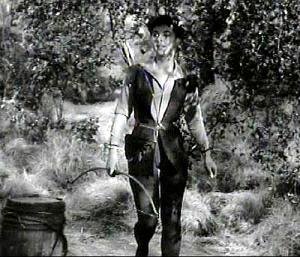Artist - Nicholas Sicard
This is a
wonderful painting. It captures not only movement but also possibility. The eye
is drawn to the woman half turning, and then drifts to every single individual
there. Who are they? Where have they been, and where are they going? The
painting fizzes with possibility and choice.
In real
life choice is limited by many things, most commonly poverty. Still, there
remains the thin possibility, for others aspiration or hope.
That wasn’t the
case in the zoo at le Parc de la Tête d'Or in Lyon. A
bunch of Lemurs on a small island, which they shared with two giraffes and a zebra,
looked reasonably happy. There was sufficient room for the two giraffes to stretch
their legs, but it was hardly savannah, and the zebra just stood there looking
pensive.
Worse was to come:
two small landscaped enclosures, one holding a bear, the other a tiger. Each
animal paced a well worn route, the same unvarying pattern that you suspect
they had done for years and would continue to do so for more years to come. I watched
for some time; slow motion horror.
We moved on to two
large cages. One held a colony of gibbons; the youngest still intrigued by
the possibility of escape. These sat on the highest branches of a dry looking
tree, and fingered every loop of the taut black wire blocking the sky…exploring.
The cage next to it held Lulu. She’d been there since 1961. Kennedy, The Beatles
and Stones, Hendrix and Dylan had passed her by, the space race, glam rock, punk,
the collapse of the soviet empire and the fall of the Berlin wall had all been
and gone, and she sat there on the same tree in the same cage. A nursing home from birth. It was time to
go.
We passed runners
- well actually they passed us – running along circumscribed paths, but that’s
a conceit followed my many who question the concept of freedom. These runners
had choice, along with the prospect of a hot shower and a drink in a cool Lyonnaise
bar.
The following day I experienced
another limitation on choice: language. I like to think I speak the language of
the world with a happy smile, a shrug, sometimes a handshake. And of course you
can point at things.
You have to accept ridicule too.
In Lyon
I was puzzled by a word. We’d be waiting on the platform of the Metro and I
kept wondering why every train seemed to be going to Prochain until my
daughter, who is mostly very patient, told me Prochain wasn’t a destination,
but advising us when the next train was due.
It got from bad to worse. The
following day we were in Annecy
and I sat in the castle courtyard reading my Kindle. An elderly Frenchman sat
on a bench opposite me, about ten feet away. He spoke to me, rubbing his
forearms and glancing at the sky. I, too, looked at the sky, rubbed my forearms,
and threw in a rueful smile. Clearly he was talking about the weather. He spoke
some more. I resisted the temptation to spit out ‘Putain’, which my daughter
assures me is a safe all-purpose word. Instead I shrugged and nodded, looked
some more at the sky.
Five minutes later
he stood up, inclined his head and said ‘Good-day’ in perfect English. I hadn’t
fooled him. Even my body language lets me down. In this respect my ‘choice’
depends largely on the good will of others.














